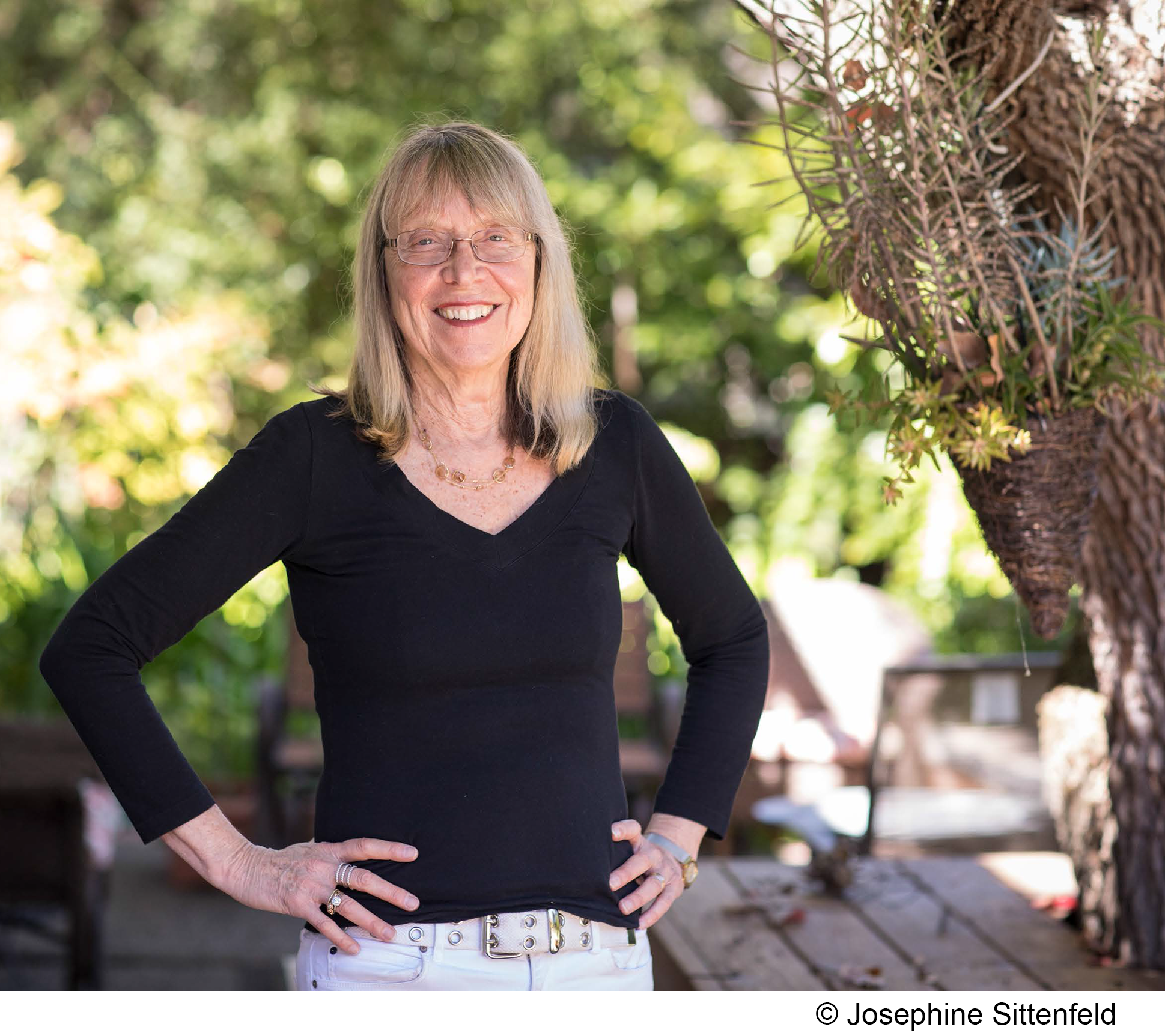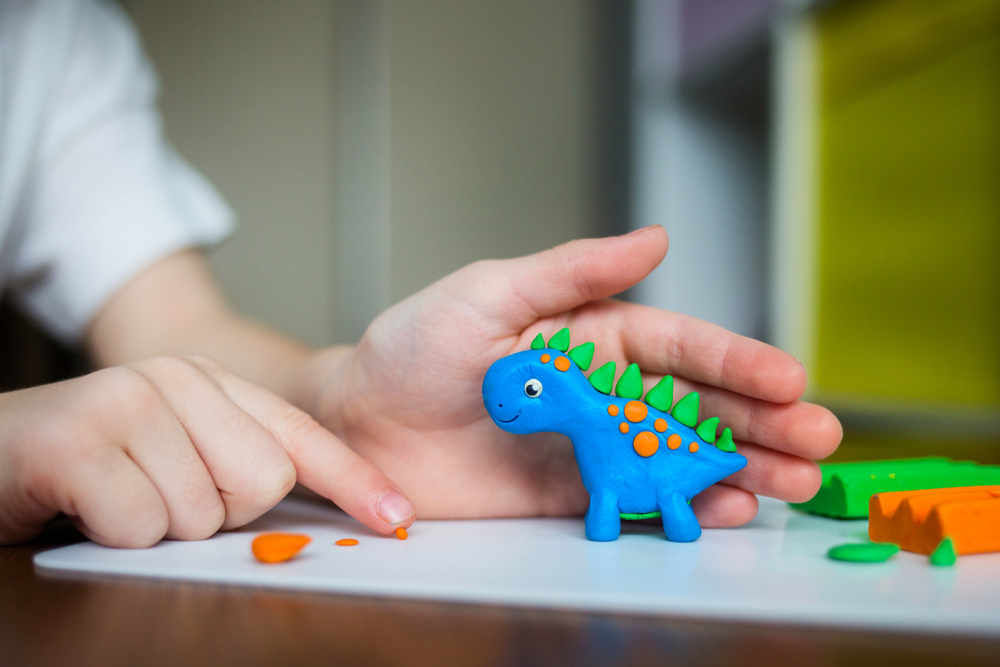What can parents do to help promote creativity while kids are stuck at home? Instead of allowing so much screen time, let kids do projects that focus on being kind and creative. We need more kindness in the world now. Kids are great at finding ways to show appreciation to their friends, their siblings, their parents, and grandparents, if you give them a chance. Some ideas include baking bread or cookies, picking flowers, drawing a picture, or writing a card. There are many ideas. They can do a kindness project once a week. These are all projects that make a big difference in people’s lives and don’t take much effort. They expose kids to new experiences, improved relationships, and help build collaboration, independence, and creativity. No need to memorize, no need to get it perfect.
When we trust kids to come up with ideas to show appreciation, it does more than just have them involved in a project. It embeds a sense of trust and respect that is so important in developing self-confident kids. The younger the kid, the more creative they are. Creativity is dampened by school (I’m sorry to say). Children are 90% more creative than adults. Earmuffs and other inventions were first imagined by kids. Just incredible what kids are capable of. Too many tend to shut down the natural curiosity that kids have.
Eight in 10 people feel that unlocking creativity is critical to economic growth and nearly two-thirds feel creativity is valuable to society, yet a striking minority — only 1 in 4 people — believe they are living up to their own creative potential. The majority feel that creativity is being stifled by their education systems.
Research by Adobe reveals a global creativity gap in five of the world’s largest economies.
Creativity is even more important today in the coronavirus era. We need creative minds to solve new problems that face the world. A solution to these problems could come from a child or teenager.
“One of the myths of creativity is that very few people are really creative,” said Sir Ken Robinson, Ph.D. “The truth is that everyone has great capacities but not everyone develops them. One of the problems is that too often our educational systems don’t enable students to develop their natural creative powers. Instead, they promote uniformity and standardization. The result is that we’re draining people of their creative possibilities and, as this study reveals, producing a workforce that’s conditioned to prioritize conformity over creativity.”
David Brooks in his New York Times op-ed piece The Creative Monopoly notes something very similar:
“Creative people don’t follow the crowds; they seek out the blank spots on the map. Creative people wander through far away and forgotten traditions and then integrate marginal perspectives back to the mainstream. Instead of being fastest around the tracks everybody knows, creative people move adaptively through wildernesses nobody knows.”
Students have to jump through ever-more demanding, preassigned academic hoops. Instead of developing a passion for one subject, they’re rewarded for becoming professional students, getting great grades across all subjects, regardless of their intrinsic interests. Instead of wandering across strange domains, they have to prudently apportion their time, making productive use of each hour.
Some of the most amazing products that were developed at Google came about because of the positive attitude that Google had regarding their employees interests and the trust and respect they gave them to use their creativity. All employees have 20% time to work on a passion project. Google realized everyone gets tired of doing their job 100% of the time. Why not give all employees some creative relief? As a result of 20% time, we have Gmail, Google News, and Google Teacher Academy. Using 20% time in the workplace allows for innovative ideas and projects to flourish or fail without the bureaucracy of committees and budgets. Creativity and innovation go hand in hand.
Your attitude is the key to empowering creative kids.
Attitude is what parents are modeling for their kids. Winston Churchill said during WWII, “Attitude is a little thing that makes a BIG difference.” Our attitude toward confinement is the key to making it feel like a punishment instead of an opportunity to spend more time with the people you love. Let’s use this time as an opportunity to foster creativity and celebrate the time we are spending with our family.
My website is www.wojway.com
Follow us here and subscribe here for all the latest news on how you can keep Thriving.
Stay up to date or catch-up on all our podcasts with Arianna Huffington here.


